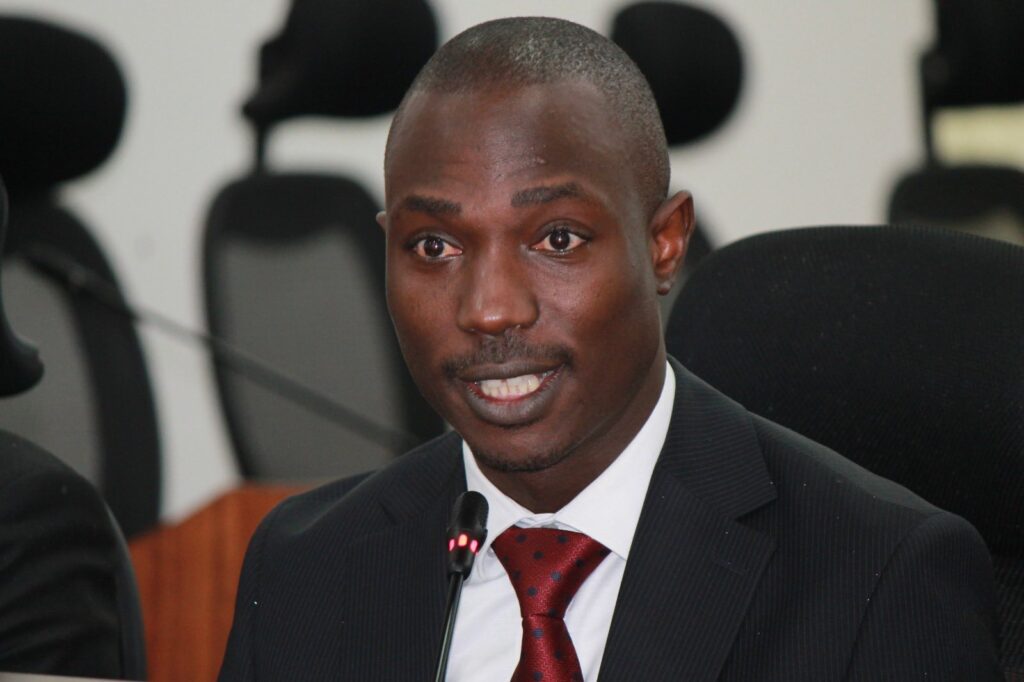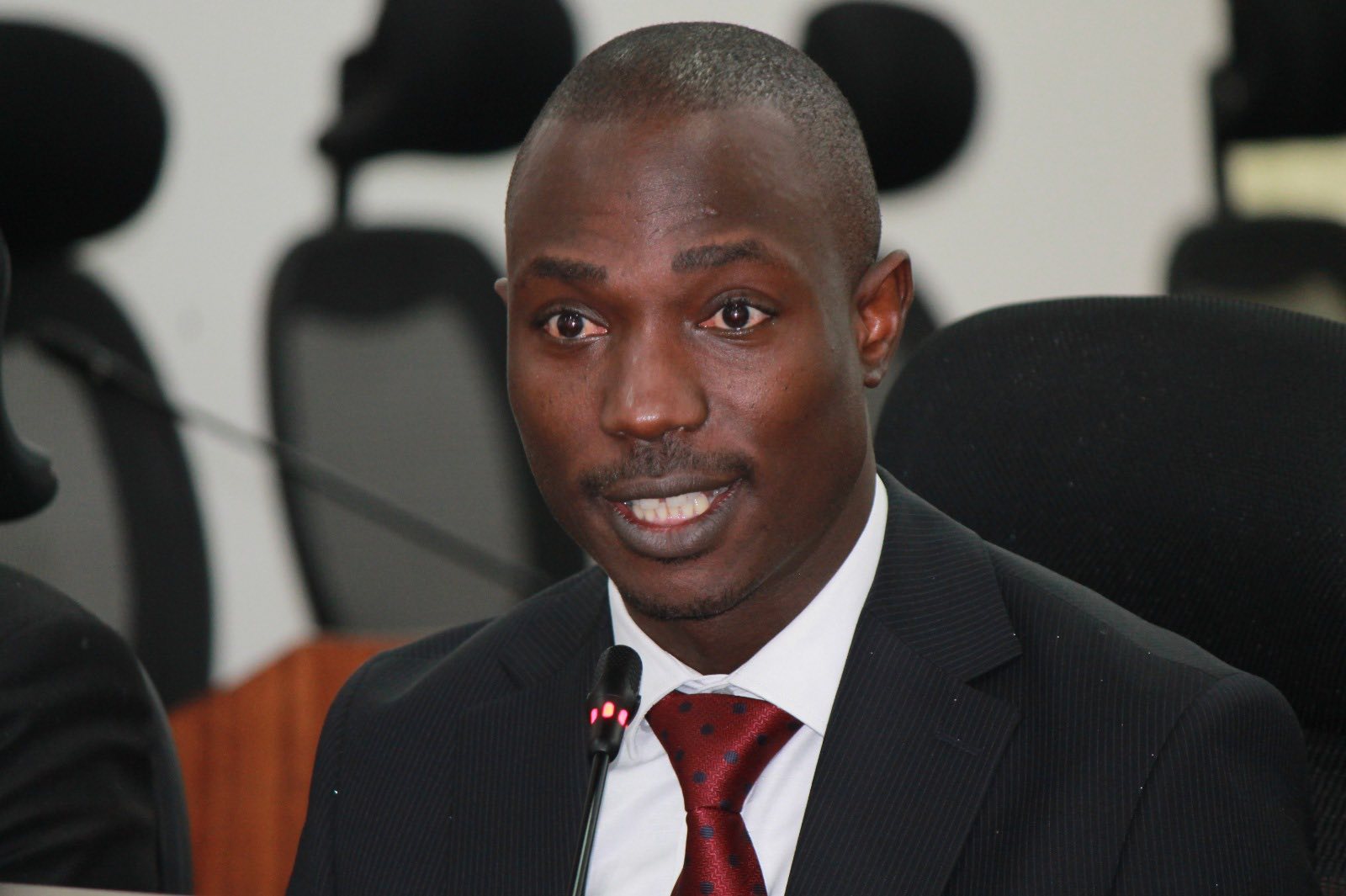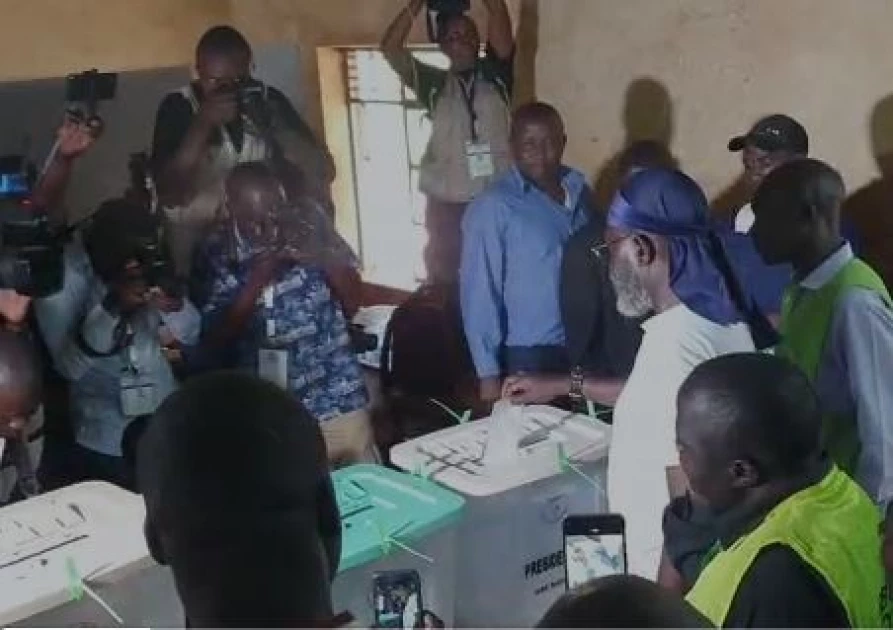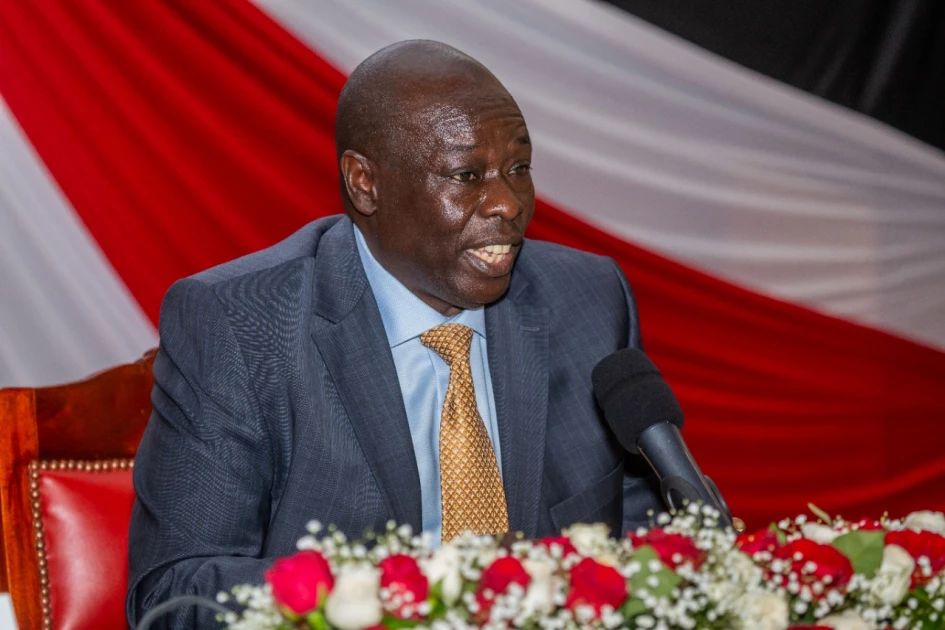
The Ndia-led legislator Committee on Transport and Infrastructure has commenced stakeholder engagement and public hearings on the proposed Public Transport (Motorcycle Regulation) Bill, 2023 (Senate Bill No. 38).
The Bill seeks to regulate the BodaBoda sector with the aim of improving safety and accountability and streamlining operations.
The legislative proposal has drawn criticism from major industry groups, including the BodaBoda Safety Association of Kenya (BAK) and the Digital Boda Drivers and Deliveries Association.
While appearing before the Committee, the associations submitted their memorandum describing the bill as fundamentally flawed, overly bureaucratic, and financially unsustainable.
They argued that the Bill duplicates existing mandates of the National Transport and Safety Authority (NTSA), overlooks the constitutional roles of county governments, and risks politicising the sector by handing regulatory powers to county-controlled boards.
Key concerns raised today included the establishment of 47 new county-level motorcycle transport and safety boards, mandatory SACCO membership, and clauses like “prescribed colour” and “approved devices”, which the associations say could fuel corruption and monopolies.
“The Bill is a solution in search of a problem,” the associations stated, warning that its enactment could lead to increased costs, regulatory confusion, and economic harm to riders.
While supporting the need for regulation, committee members urged the associations to propose amendments rather than reject the bill outright.
“You have an opportunity to shape laws that work for you,” said Komingoi Kibet. “Don’t just reject; recommend.”
Mwangi Kiunjuri acknowledged the associations’ concerns, advocating for strengthening existing institutions like the NTSA rather than creating parallel systems.
Security concerns were also raised, with MPs Abdi Saney and Hon. Hussein Weytan citing the growing use of motorcycles in criminal activities, including drug trafficking and attacks on members of the public.
On their part, the Office of the Inspector-General of Police proposed a multi-sectoral coordination committee involving the NTSA, police, Council of Governors, and rider associations for joint planning and enforcement.
The Committee will continue to receive input from stakeholders nationwide as it refines the bill.




